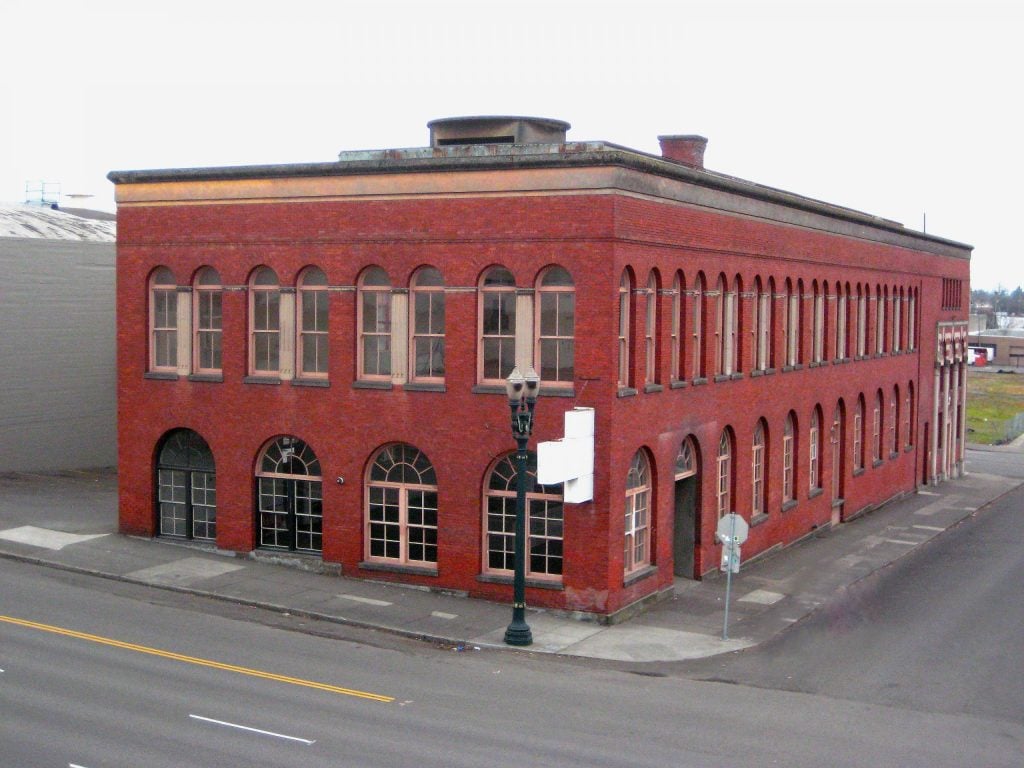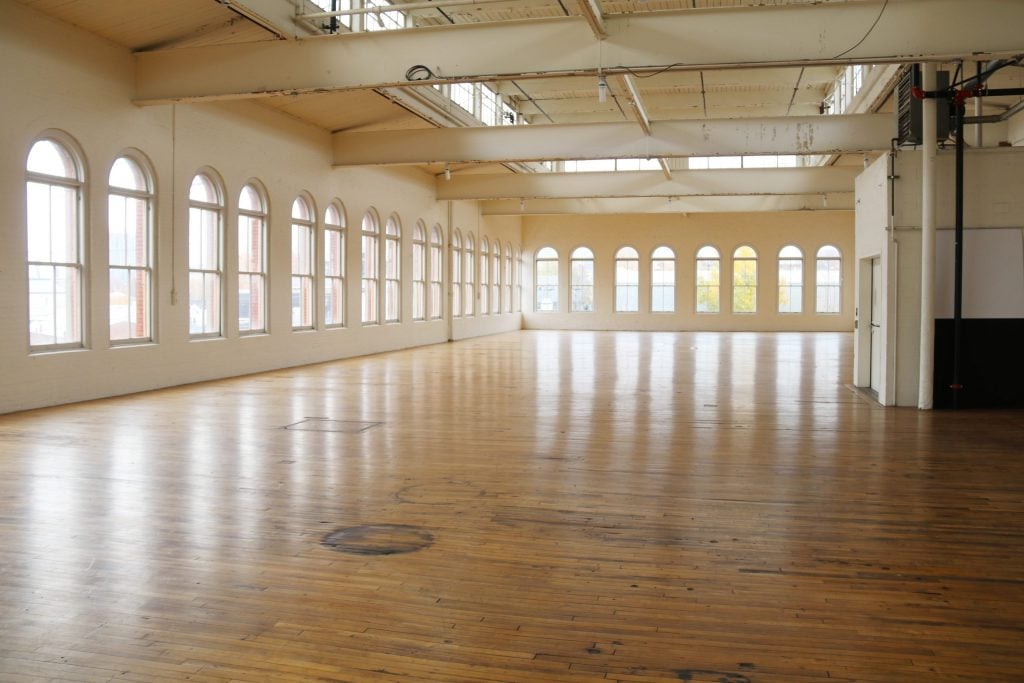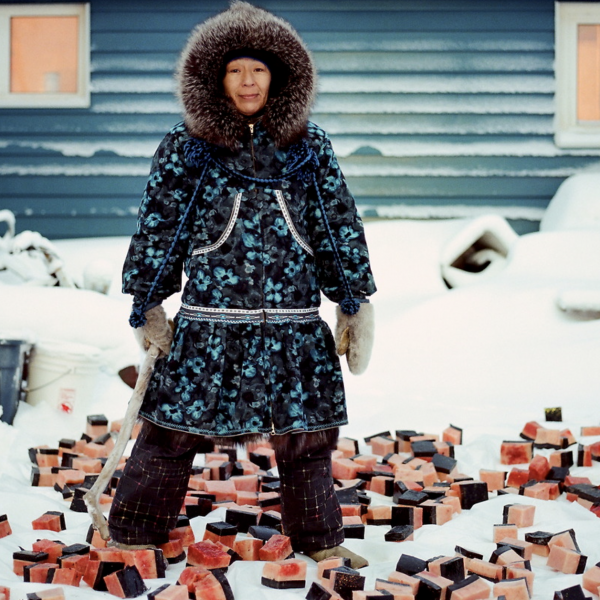Politics
An Oregon Arts Organization Has Voluntarily Repatriated Its Only Building to a Native American Group in Recognition of Historic Tribal Ownership of the Land
Yale Union is dissolving and will become the Center for Native Arts and Cultures.

Yale Union is dissolving and will become the Center for Native Arts and Cultures.

Sarah Cascone

After ten years, Yale Union, a contemporary art center in Portland, Oregon, is shutting down and transferring ownership of its land and historic building to the Native Arts and Cultures Foundation. The organization describes the move as an act of repatriation in recognition of the fact that the land on which Yale Union operated was taken from Native Peoples.
Under its new ownership, Yale Union will be christened the Center for Native Arts and Cultures, serving as the new national headquarters for the Native Arts and Cultures Foundation.
“This repatriation is symbolic in that it’s not often, or perhaps has never happened, where the owners just hand over a building to a Native organization,” T. Lulani Arquette, the CEO of the Native Arts and Cultures Foundation, told Artnet News.
Founded by artists in 2008, Yale Union opened to the public in 2010. The idea to transfer the building’s ownership was hatched in 2018 by Yale Union’s then-executive director Yoko Ott, who died that October. The Native Arts and Cultures Foundation conducted a feasibility study before its board gave final approval to the idea in late 2019.

The main gallery at the Yale Union building, listed on the US National Register of Historic Places. The art center is dissolving and transferring the historic building to the Native Arts and Cultures Foundation in 2021. Photo courtesy of Yale Union.
“Yoko and I had many discussions about art institutions’ potential for proposing models of restorative social change,” Flint Jamison, president of the Yale Union board of directors, told Artnet News. “I have tried to listen and follow the guidance of strong, insightful, Indigenous women and women of color. Yoko deserves credit for this vision, and I have done my best to execute it.”
The transfer will take place next year, with Yale Union dissolving its nonprofit. In-person events at the center have been suspended for the rest of the year due to the global health situation, but will resume in 2021, with Yale Union collaborating with the Native Arts and Cultures Foundation to co-present artistic programming ahead of the handoff.
“Institutions from top to bottom need to be open to learning about accurate Native histories and seek out authentic relationships with Native peoples,” Arquette said.
As the Center for Native Arts and Cultures, the building will be a gathering space for Indigenous artists, hosting cultural ceremonies and celebrations in addition to art exhibitions, art-making workshops, and seminars on social issues such as decolonization and environmental justice.
Whether any of Yale Union’s five-person staff will continue to work at the center in any capacity following the transfer will be up to the Native Arts and Cultures Foundation. “With systemic change, loss is inevitable,” Jamison acknowledged. “But all of us know that the expanded possibilities far outweigh anything lost. This is a triumph.”
The Yale Union property was built as a commercial laundry in 1909, and was added to the National Register of Historic Places in 2007. The transfer to a Native American organization comes at a time when the police killing of George Floyd has brought the Black Lives Matter movement and the push to right the age-old inequities that plague US society to the fore of the national conversation.
Last month, the Puget Sound Business Journal mistakenly reported that the Seattle Art Museum was dissolving and transferring its assets to a trust controlled by local BIPOC art organizations. The article, which was quickly taken down, was based on a satirical press release that billed the move as “a ground-breaking initiative for racial equity.”

Brian Adams, photo from the series “I AM INUIT.” Photo courtesy of the Native Arts and Cultures Foundation.
That radical approach to reparations was merely a work of “speculative fiction,” as a note on the fake release acknowledged—making it all the more remarkable that elsewhere in the Pacific Northwest, Yale Union was quietly taking steps to unwind its operations to the benefit of a Native American organization.
“This free land and building transfer will set an example for recognizing the value of Native ownership of property in urban areas across the nation,” Arquette said in a statement. “It’s liberating and encouraging to witness this kind of support for First Peoples of this country.”